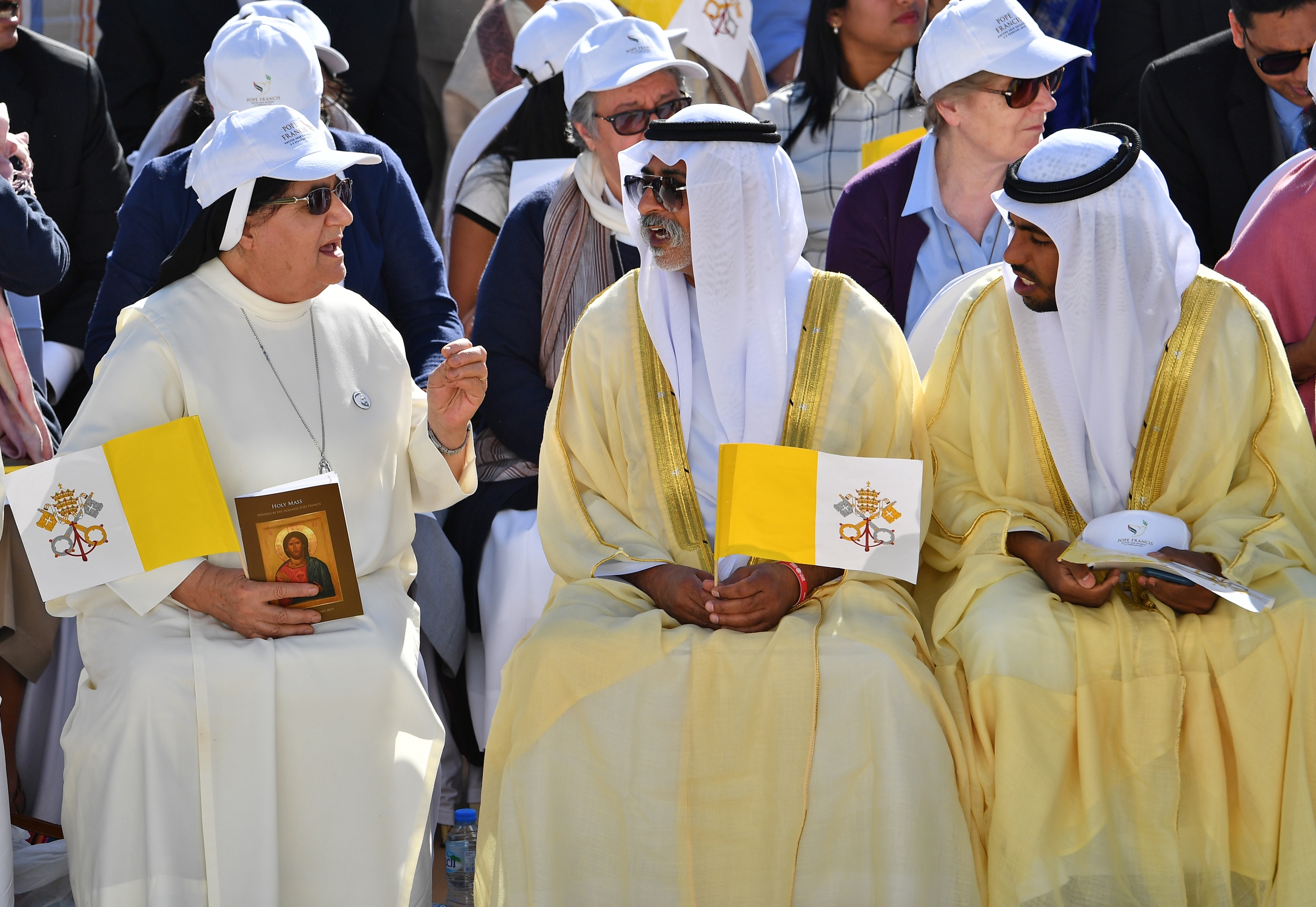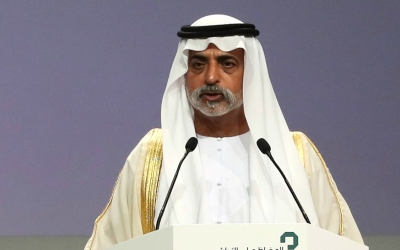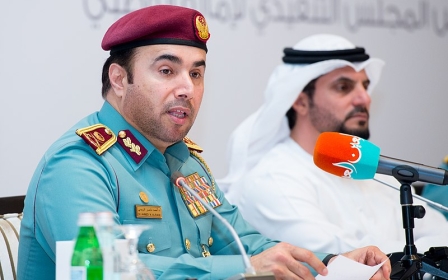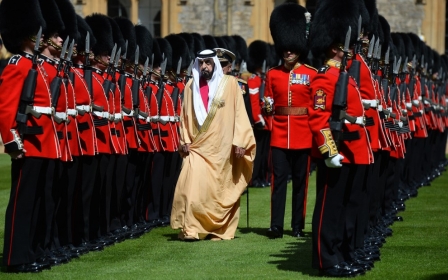UAE: Sexual assault allegations cast shadow on 'Orwellian' Ministry of Tolerance

Allegations of sexual assault against the United Arab Emirates' minister of tolerance have thrown the reputation of the boldly-named ministry into question.
Caitlin McNamara, a curator at the Hay literary festival - who has waived her right to anonymity - said Sheikh Nahyan bin Mubarak Al Nahyan attacked her at a private island villa in February, shortly before the inauguration of the Hay Festival Abu Dhabi.
She has since made a formal complaint of sexual assault to the London Metropolitan Police, while the Hay Festival has announced the severing of ties with Abu Dhabi as long as Nahyan stays in position.
The minister has denied any wrongdoing and said over the weekend that he was “surprised and saddened” by McNamara's claims.
Nayhan's ministerial position has frequently been the subject of scepticism and even ridicule, as it was inaugurated at the same time as numerous reports emerged about the state's clamping down on dissent and arrests of Emirati and foreign citizens.
Daniela Tejada spent months campaigning for the release of her husband, British student Matthew Hedges, who was jailed between May and November 2018 in the UAE on accusations of spying, and subjected to "psychological torture".
She told Middle East Eye on Monday that the UAE had a record of attempting to mask abusive behaviour behind a veneer of modernism and "tolerance".
“It is beyond upsetting to learn about Caitlin McNamara’s sexual abuse in the UAE," she said.
"Sadly, it is not surprising that it has gone unpunished in a country that covers up all forms of abuse - of women, scholars, independent thinkers, lawyers, activists and worker - with its Orwellian ministries of tolerance and happiness."
She said that it was a pity that the festival had to sever ties with Abu Dhabi as she still believed in the "potential of cultural exchange to promote tolerance".
"But I believe it is the smallest consequence the UAE should face for allowing, and presiding over gross violations of human rights.”
A 'police state'
The festival's decision to host an event in collaboration with the Ministry of Tolerance, a body established in 2016 alongside a similar ministry dedicated to happiness and wellbeing, has provoked controversy in the past.
The UAE has described the purpose of the Ministry of Tolerance as being to provide a "legal framework" in order to "formalise the tolerance our society already displays".

But human rights organisations and campaigners have deemed the country a "police state" where dissent from the government position risks imprisonment and torture.
Speaking at the Hay Festival in Abu Dhabi in February, renowned Egyptian novelist Adhaf Soueif slammed the country's record on human rights, citing the examples of poet and activist Ahmed Mansoor, and jurist Mohammed al-Rukun.
Mansoor, a noted campaigner for civil rights in the UAE, has been in jail since March 2017, sentenced to 10 years in prison, accused of using social media to "publish false and misleading information".
"It's very easy for cultural events to become smokescreens," Soueif said, despite attending herself.
At the same time, over 60 writers and NGOs penned a letter to the Hay Festival condemning the hosting of the event in Abu Dhabi.
"The Hay Festival Abu Dhabi is supported by the UAE’s Ministry of Tolerance, in a country that does not tolerate dissenting voices," it read.
"Regrettably, the UAE government devotes more effort to concealing its human rights abuses than to addressing them and invests heavily in the funding and sponsorship of institutions, events and initiatives that are aimed at projecting a favourable image to the outside world."
Middle East Eye propose une couverture et une analyse indépendantes et incomparables du Moyen-Orient, de l’Afrique du Nord et d’autres régions du monde. Pour en savoir plus sur la reprise de ce contenu et les frais qui s’appliquent, veuillez remplir ce formulaire [en anglais]. Pour en savoir plus sur MEE, cliquez ici [en anglais].




